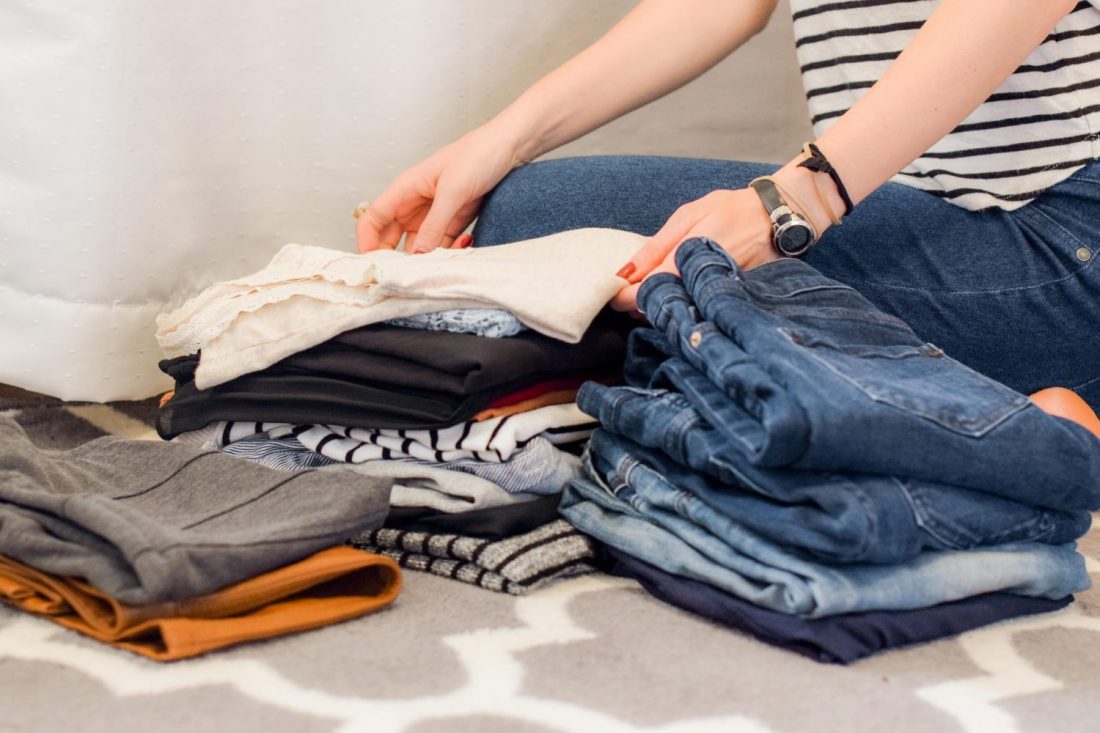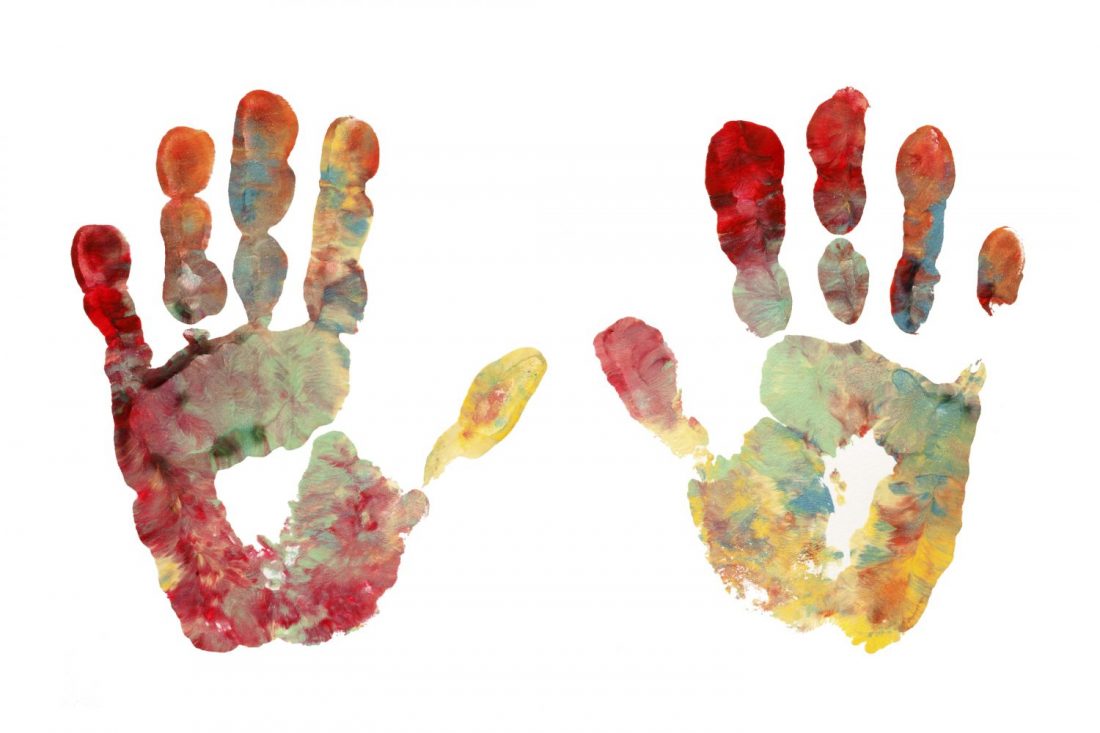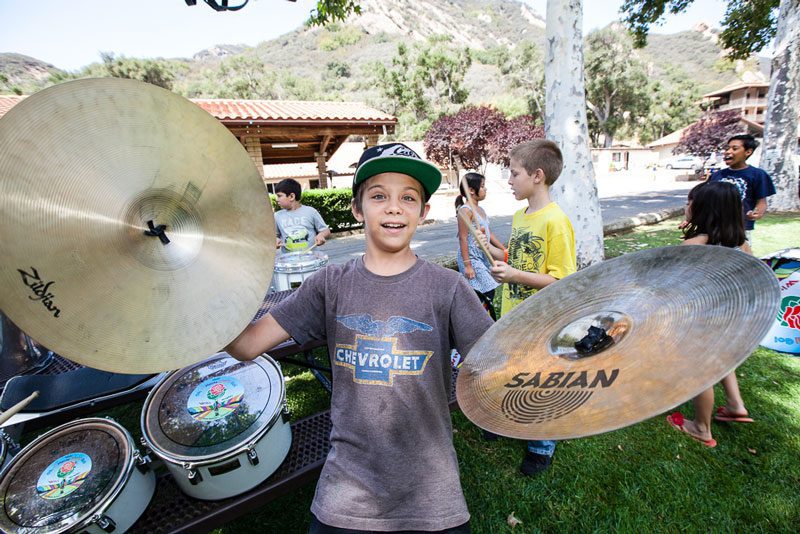Did you know we have some 50,000 storage facilities in the U.S.? That’s more than the number of Starbucks and McDonald’s locations combined.
One estimate cites the number of items inside the average American home at 300,000. But what purpose does all of this “stuff” serve?
Joshua Becker believes that a large amount of our stuff serves absolutely no purpose—and in fact, detracts from our well being instead of adding to it.
A former pastor and the founder and editor of Becoming Minimalist—with two books on the subject and an online course that 35,000 people have taken to date—he empowers readers to adopt a form of minimalism that works for them. In effect, he helps us optimize our values.
Because minimalism, he says, isn’t about living in a white room with zero belongings, but about intentionally promoting what we most value by removing anything that distracts from it. And in return, we can find more time, more money and less stress.
Becker recently appeared on the Do Gooders Podcast to talk about this purposed-focused journey, which he says comes down to a simple question: What do I want my life to be about?
It’s not, he said, “what do I need to get rid of?” But instead, “What can I add to my life?” And he shares plenty of practical advice along the way—including these tips for how to get started in each room of your house.
But first, Becker says we have to ask: What is the purpose of my home?
“This is a pretty fascinating question that we don’t ask ourselves enough. What is the purpose of home in the first place?” he said. “And then you can go even smaller than that. And you can start asking, what is the purpose of this room in my home? And when you start answering that question, knowing what to keep and what to get rid of becomes a little bit easier.”
We asked Becker for his top tip—with step-by-step checklists and more available in “The Minimalist Home: A Room-by-Room Guide to a Decluttered, Refocused Life”—for how to declutter and refocus each room of your house.
The family room?
Decorations. I would take down three or four things, decorating the room that don’t mean anything to you because when you remove decorations that don’t mean anything then you leave just the things that are important and do tell your story. So I would say remove three or four items of decoration.
The bedroom?
I would say, take out the TV in your bedroom for at least a month. Take it out for a month and see how it changes your space.
A guest room?
Think hotel. Think what do you like about staying in a hotel room? Everything you need is there but nothing you don’t. So picture your guest room looking like a hotel room. What should be removed?
The closet?
I’d take out, I want to say 50 percent but maybe that’s a bit much. No, I’ll do it. Take out 50 percent.
The bathroom?
Clear the spaces that annoy you because you’re knocking things over, you’re trying to get things out of the medicine cabinet and you have to shuffle things around or you…things get knocked on the counter when you’re reaching for your toothbrush. Look at those spaces where you’re frustrating yourself and minimize those areas first.
The laundry room?
The laundry room is utilitarian in nature. It’s practical. It should make doing laundry easier for you. I have never met anyone who loves doing laundry. So, what in that space is getting in the way of me doing the job that this room is here for?
The kitchen?
I love clear counters. It’s probably not a good place to start because when our drawers are too full and our cabinets are too full, then we start putting things out on counters. But if you start thinking, I need to clear off some counter space, where can I put some of these things so that they’re outside of my normal field of view? I think you’ll be surprised at how much more open and free your kitchen will appear.
The dining room?
Large furniture. I used to have dinner at this one family’s house, and they had this very large hutch in their dining room and you couldn’t even get around the table without having to squeeze to get there. I would take out large furniture in your dining room so that there’s more space for your guests.
The home office?
Oh, a home office. Don’t start there. Can that be my tip? I would go do other spaces before the home office because there’s papers and it takes a lot of time. I would go start somewhere else.
The (dreaded) garage?
The garage—big items first. Look for big items, the big empty boxes, the large things that you keep in there. Because when you get those out first, you can start to see that you’re making a difference in that area. Otherwise, like I mentioned, you could spend an hour and a half going through one shelf and hardly see any difference at the end of the day. But if you spend an hour and a half getting rid of large items first, then you’ll be a little bit more motivated because you’ll see the progress that you’re making.
Once we’ve worked through each room and successfully implemented minimalism as it works for our family in our home, what’s your advice to people on adjusting their buying habits to fit into this new ideal in their life?
It’s a different conversation. Bookstores are full of books about organizing and decluttering, but there are very few books about overcoming consumerism in your life.
I think that as people minimize their possessions, as they own less and as they see the practical benefits that come from it, the more they notice them and articulate them. “Hey, this is great. I spend less time picking up every evening. Hey, this is great. We have more money as a family to do experiences together and to create better memories.” When you notice those things, you become a little less inclined to want to fill your house back up again. There’s a lot of people who declutter and then just fill up their house again, but the more you can articulate the benefits and celebrate them, the less likely you are to fill things back up. But maybe the biggest thing is just to start seeing money differently—that our money is only as valuable as what we choose to spend it on.
And if we spend our money on a bigger screen television, that’s all it is, we turn it into a bigger screen television. But if I use my money to take my kids on a trip or have a memory, then there’s cultural experiences and things that we can talk about for years that happened and things that we’ve learned or, man, just the work that The Salvation Army is doing. If I stopped buying stuff that I didn’t need, I could start supporting all these causes that are changing people’s lives. And suddenly my money isn’t just a new purse or a new pair of shoes, but my money holds the potential to change someone’s life and change the trajectory of their life and who knows what they’re going to end up accomplishing and what they’re going to end up doing.
And I think when we see all the potential that our money actually holds for us, we begin to overcome the urge to just spend it on stuff we don’t need.
See more from Joshua Becker at Becoming Minimalist and find a location near you or schedule an in-home pickup of your used goods to donate to The Salvation Army.
Do Good:
- Listen to Joshua Becker share more on the Do Gooders Podcast on how adopting minimalism forces us to examine our values.
- Go behind the scenes of a Salvation Army Family Store and see how your used goods and thrift shop finds fund addiction recovery across the U.S.
- Find a location near you or schedule a pickup to donate items to The Salvation Army.
- Visit westernusa.salvationarmy.org to find The Salvation Army nearest you.
- Give to support the fight for good in your community.


















A very good and inspiring article as I’m working my way towards being a minimalist. Thank you!